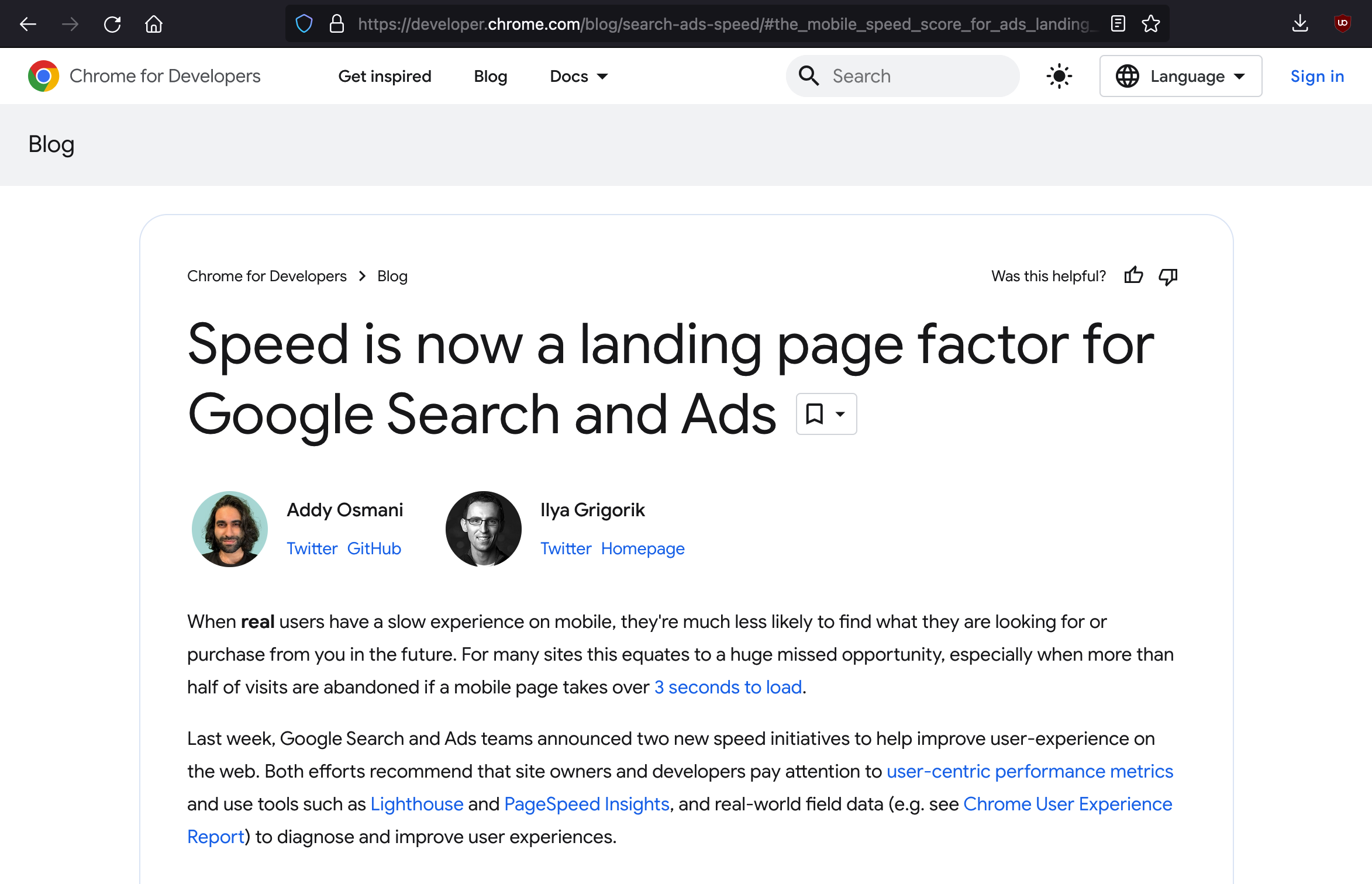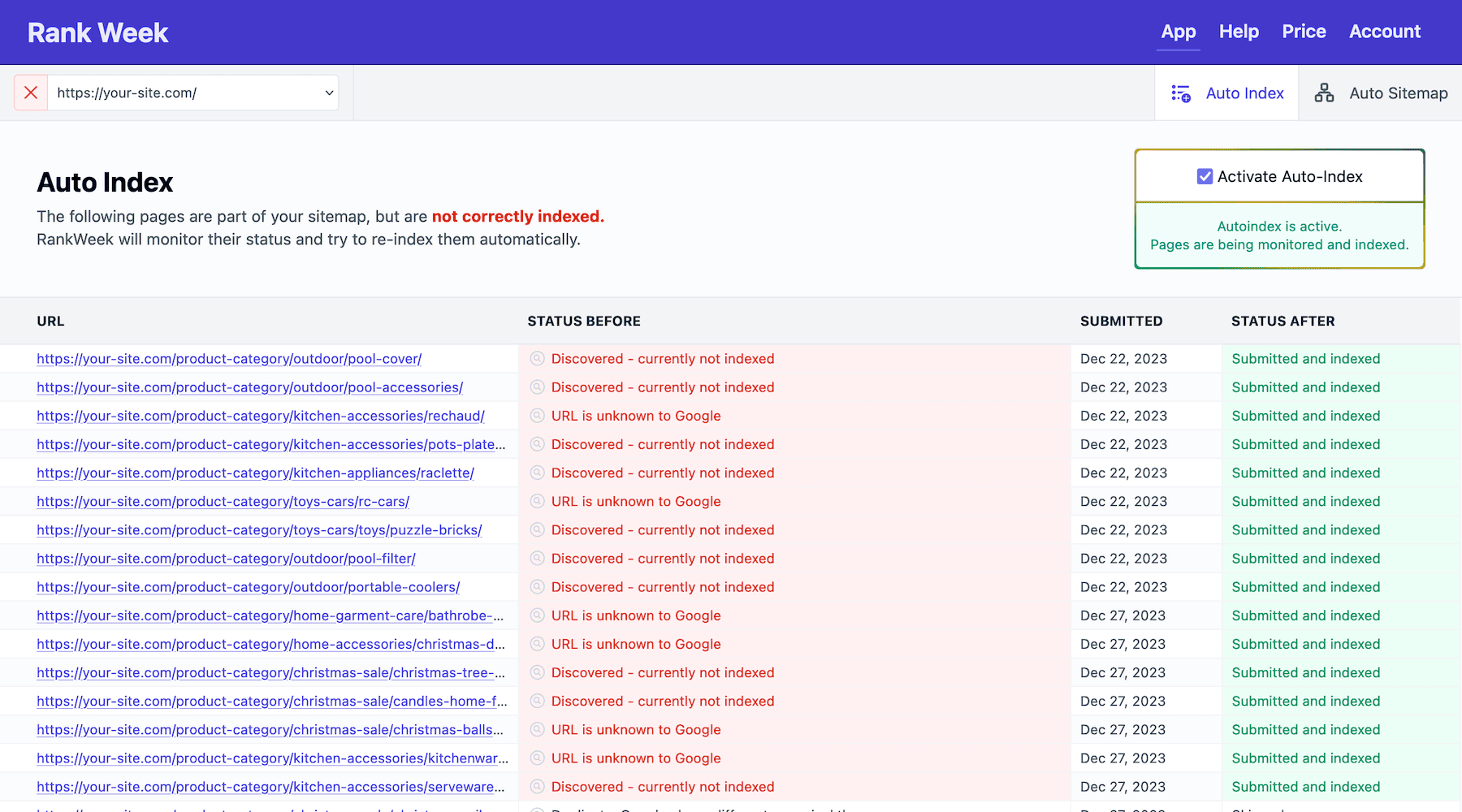How Loading Speed Affects SEO: The Need for Speed in the Digital Era
In the fast-paced digital world, website performance is paramount. One critical performance metric that stands out is website loading speed. Often overlooked, loading speed is not merely about providing a swift browsing experience but is deeply intertwined with Search Engine Optimization (SEO). In this article, we'll explore the mechanics of how loading speed impacts SEO, why it's important for website owners, and how you can optimize your site for better speed.
Understanding the Impact of Loading Speed on SEO
The Direct Connection Between Speed and User Experience
Search engines like Google place a high premium on user experience (UX), and loading speed is a core component of that. A website that loads quickly caters to the instant gratification need of users. Conversely, a slow website increases bounce rates as visitors lose patience and often move on to a competitor’s faster site.
Here’s how loading speed influences key aspects of UX:
- Bounce Rate: Slow-loading sites are likely to have a higher bounce rate as users tend to leave the site without interacting with it.
- Page Views: Faster sites encourage users to explore more pages, which can lead to increased engagement and conversions.
- Conversion Rate: Since users tend to stay longer on quick-loading sites, they are more likely to complete a purchase or fill out a form.
- Customer Satisfaction: Fast loading speeds enhance overall satisfaction, nurturing brand loyalty and repeat visits.
Search Engine Algorithms and Loading Speed

Search engines, such as Google, have clearly stated that loading speed is a ranking factor. Their algorithms are designed to provide the best possible results to users, and that includes listing fast-loading sites higher in the search results. Sites that load quickly are seen as more reliable and of higher quality in the eyes of search engine algorithms.
Why Loading Speed is a Critical SEO Factor
Mobile Optimization and Mobile-First Indexing
With mobile-first indexing, Google predominantly uses the mobile version of the content for indexing and ranking. Since mobile devices vary in processing power and often rely on cellular data, loading speed becomes even more crucial. A site that loads quickly on mobile can vastly improve its SEO standing.
Enhanced Crawling Efficiency
Search engine bots have a crawl budget, which represents the number of pages they will crawl on your site within a given timeframe. Faster sites can be crawled more efficiently, allowing more content to be indexed, which can potentially improve organic rankings.
Improving Your Loading Speed for Better SEO
Analyzing Your Site's Speed
Before optimizing, it’s essential to know where you stand. Tools like Google’s PageSpeed Insights, GTmetrix, or Pingdom can help you assess your site's current performance.
Key Optimization Strategies
- Optimize Images: Compress images without losing quality. Tools like TinyPNG or image formats like WebP can significantly reduce image file sizes.
- Minify CSS, JavaScript, and HTML: Remove unnecessary characters from your code to reduce its size and improve load times.
- Leverage Browser Caching: Store some data on users' browsers so they don’t need to reload the entire page every time they visit.
- Use a Content Delivery Network (CDN): CDNs distribute your content across multiple servers around the world, reducing the distance it needs to travel to reach your users.
- Enable Compression: Use compression methods like gzip to reduce the size of your CSS, HTML, and JavaScript files.
- Reduce Redirects: Minimize the number of redirects to other pages, as these can add to the page load time.
- Improved Server Response Time: Invest in a quality hosting service that guarantees fast server response times.
- Eliminate Render-Blocking JavaScript and CSS: Optimize the order of styles and scripts to enable faster rendering by the browser.
Conclusion
In the realm of SEO, loading speed is more than just a technical concern—it’s an essential factor that directly influences rankings, user experience, and ultimately, the success of your online presence. By prioritizing loading speed and implementing the strategies outlined above, website owners can create faster, more efficient, and more SEO-friendly sites that stand out in the crowded digital landscape.
Optimizing load speed is an ongoing process, and as technology evolves, so do the tools and tactics. Keep abreast of the latest trends and continually refine your site, and your SEO will speed ahead of the competition.

Let us fix it
Let RankWeek automatically fix your search console errors and boost your SEO.
It works fully on autopilot!